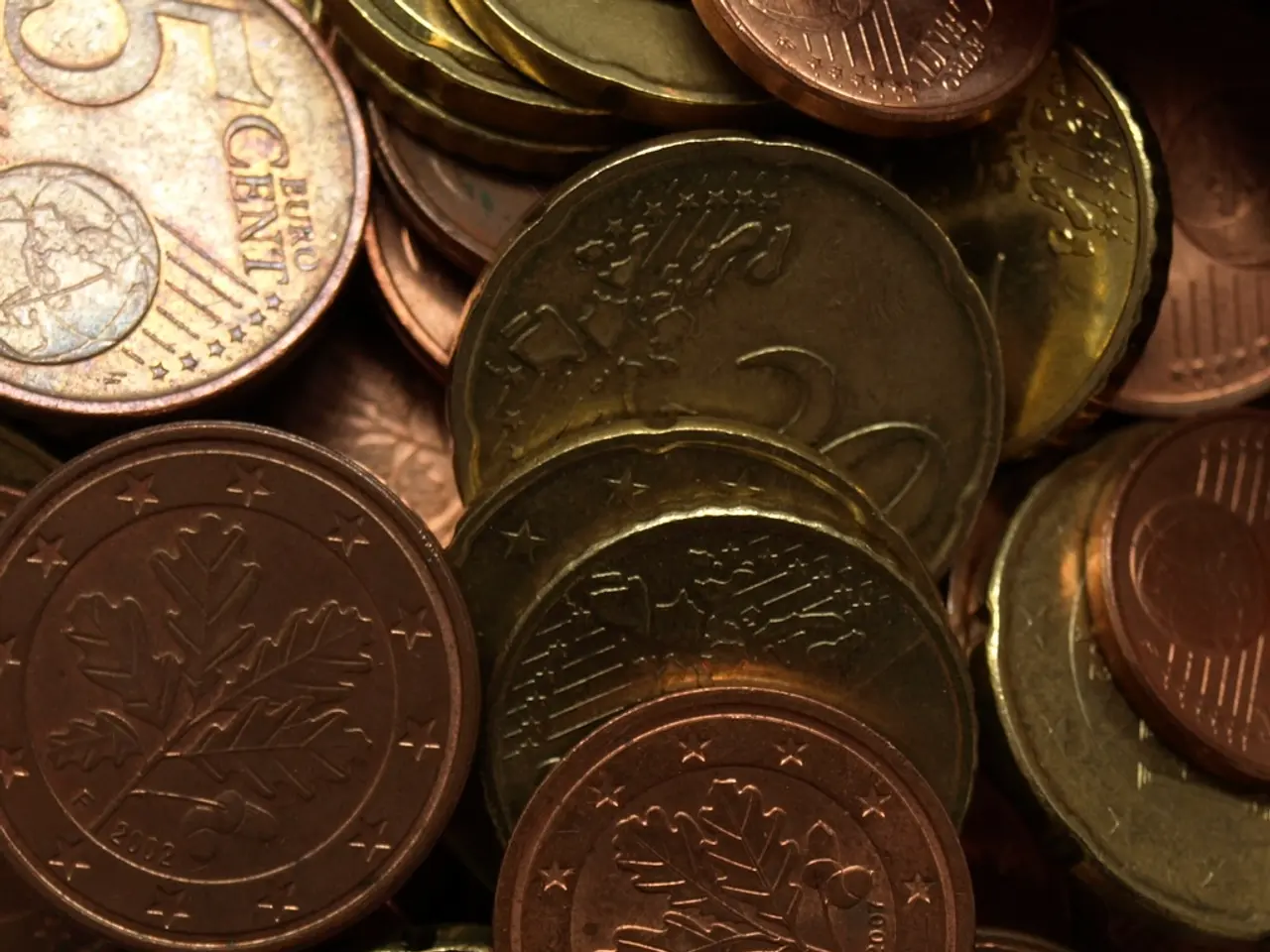Central Bank Acts Prudently in Response to Global Economic Turbulence
In light of global economic uncertainties, the RBI's decision to lower the repo rate and adopt an accommodative monetary stance is a shrewd move. With the repo rate now at 6%, it's still two percentage points higher than the 2020 low during the pandemic, but it's designed to spark domestic demand as the global economic outlook is looking increasingly gloomy.
Although RBI Governor Sanjay Malhotra kept mum about future moves, the escalating trade war between the US and China – which combined make up 42% of the global economy – could have knock-on effects on emerging markets like India, unless US President Donald Trump decides to sign off on a favorable trade deal. In such an economic climate, the RBI's accommodative stance is not just appropriate, but essential for boosting consumption and investment domestically. Another rate cut at the June policy meeting is a possibility if global conditions keep deteriorating.
Retail inflation, which stood at 3.61% in February (below the RBI's comfort level), gives the Central bank the green light to adopt an accommodative monetary stance to support economic growth. Analysts predict that an anticipated global slowdown, fueled by tit-for-tat tariffs and lower crude oil prices, will keep inflation under control. The RBI is optimistic that it will meet its target of 4% inflation over the next year.
The RBI has acknowledged that uncertainty across regions poses fresh challenges for global growth and inflation. Nevertheless, it remains hopeful about the positive effects of government policy measures, such as proposed foreign trade agreements with the US, UK, and the EU. However, it's trimmed its GDP growth projection by 20 basis points, from 6.7% to 6.5% for the current financial year.
Meanwhile, global developments are heating up. The US has slapped a 145% tariff on Chinese goods, prompting Beijing to retaliate with a 125% duty on US products. The ongoing trade war between the US and China now looks close to a point of no return.
In the midst of this, a surge in the yield on US Treasury bonds, considered the safest assets in the world, highlights investors' growing apprehension. Analysts suggest that hedge funds are raising cash to offset stock market losses, while others think China might be offloading US Treasuries to raise American borrowing costs and put pressure on the Trump administration.
As the world's fifth-largest economy, India contributes just 7.93% to the global economy and 4.4% to global trade. Indian influence on global affairs is limited, with many unknowns still looming. For India, future growth depends heavily on securing favorable trade terms with major Western economies like the US, UK, and the EU.
In the face of mounting global economic concerns, bolstering domestic demand becomes crucial, and the RBI's accommodative monetary stance, focusing on lowering interest rates, is deemed essential for fostering consumption and investment. With the ongoing trade war between the US and China and potential global slowdown looming, further adjustments in the finance sector, such as another rate cut in the June policy meeting, could be considered.






